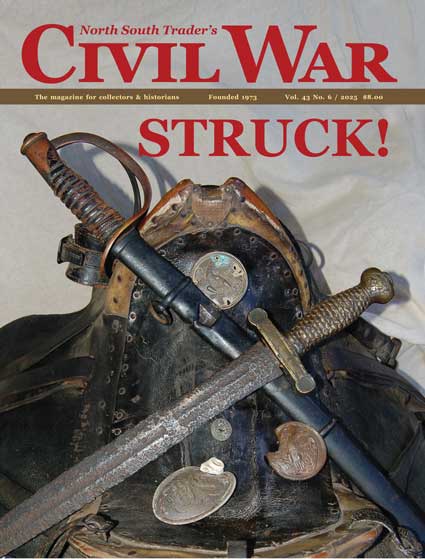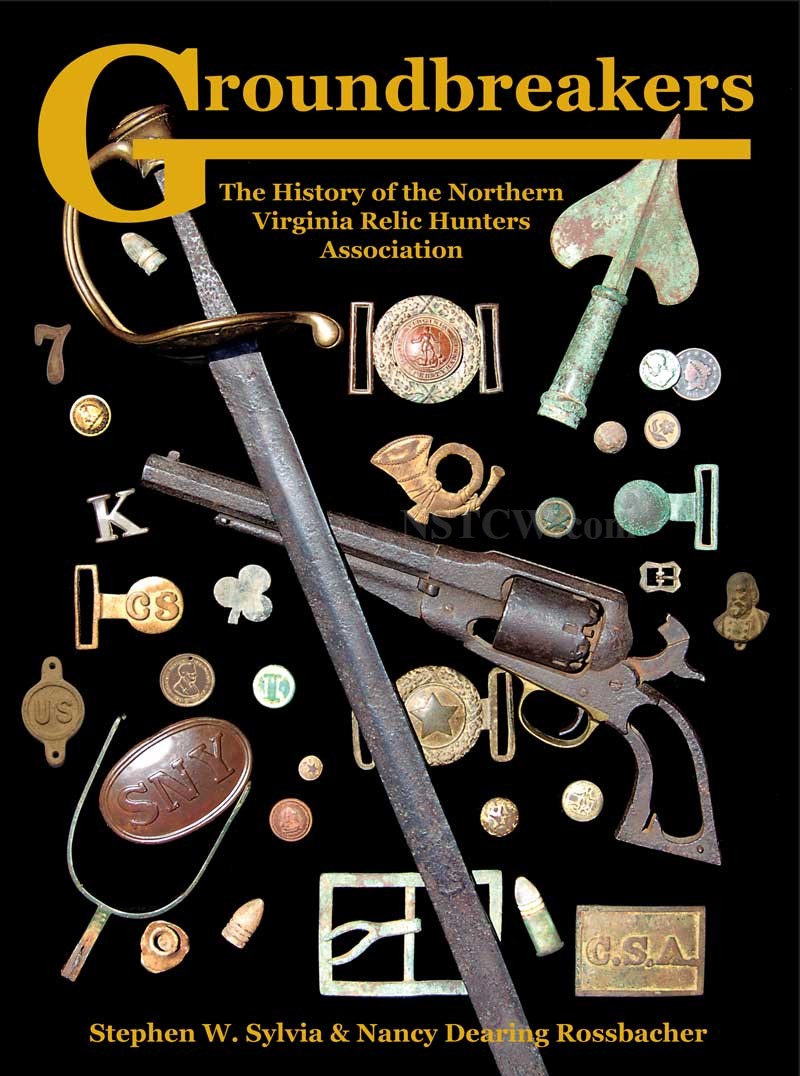|
Publisher's Forum Issue: 36-4 |
|
Historical accounts traditionally cite honor among the attributes of one of the warring parties—usually the party that won the conflict. This is what led to the creation of the oft-uttered cliché about the victors writing the history books. Naturally, the victorious side emerges on the side of right and might in their versions of historical events. We needn't look far for countless outrageous examples of this rationalization, from Ceasar's Gallic Wars to Mein Kampf. As history lovers have learned, that truth is often at odds with reality. We discover through our readings that the deceit of men and nations, along with some historians, often result in falsehoods regarding which side of a conflict was the honorable one and which wasn't. Discovering the unbiased truth often presents huge challenges. And to complicate matters even more, there almost always seem to be men of honor on both sides. The presence of good people on wrong sides has provided historians with conundrums to argue until the end of time. For many of us, pursuit of a code of honor became a personal benchmark early in our lives. Enchanted by those whose deeds and character provided inspiration as role models, we attempted to follow their example. I have seen this manifested many times in our field. In an age where many hide behind the anonymity of the Internet or the sanctuary of an attorney's office, the man of honor adheres to the ancient code. I have seen countless examples of generosity, courage, and honor among collectors and dealers. Witnessing such actions makes me proud to be among their number. I have also seen the opposite, although I am gratified to report that the instances have been few and far between. But, to quote Bob Dylan, "The times they are a-changin'." Terms such as "situational ethics" now seem to define too many of our nation's and the world's politicians and leaders. Honor and integrity seem to be regarded as antiquated abstractions. I can't recall the last time I heard the word "honor" used to describe anyone in government. The trickle-down effect is unsettling. These individuals are role models and their flaws are being ignored and accepted as the norm. Even the current attention on bullying seems a questionable attempt to control something basic in the genes of some and denies the opportunity for nurturing honor in the rest. There will always be bullies lurking among us. Rather than try to codify their behavior, wouldn't it be more prudent to teach children how to deal with it? Why put off the inevitable? Everyone must learn to face adversity; life doesn't exist without it. Learning to deal with a bully at ten years of age will reap benefits when you have to deal with one at 30, or at 70. I recall as a child being the victim of an older and bigger bully—actually, there were a number of them over the years. But on this particular occasion I arrived home with a bloody nose and split lip. As I came through the front door, I encountered my dad. Tears and snot flowed down my face from the pain and the humiliation. I began explaining between sobs how I had bested this bully in a fair fight but when the boy begged me to stop I extended my hand to help him up. As I was walking away he raced up behind me and clobbered me as he ran past me. His punch was powered by cowardly rage, and he knocked me head over heels. The old man exhibited no sympathy at all for my sad tale of woe. "What are you crying about?" he asked irritably. "You stood up to a bully and he blindsided you. Quit crying and take it or go after him." I was stunned by his reaction. I wanted sympathy and understanding. I wanted a hug, for God's sake. But faced with his scowl, my tears stopped flowing, replaced by a steely determination to do as instructed. After all, it was exactly as my heroes would have responded. To this day I am slightly embarrassed by what I did to that bully to even the score. I suspect he still hates me, but he steered clear of me afterward. Had I not learned this lesson, I might have ended up afraid to face up to some of life's serious challenges and adversities. Instead, Dad taught me to stand up to bullies, confront terrifying situations, and right wrongs when I could. In short, he taught me the enduring code of honor and the pride one experiences from following it. You can't run home at 35 when you get fired or your wife leaves you and expect your father to hug you and make the pain go away. And by then it's too late for him to teach you to man up anyway. I remember when I first read the passage in Gone With the Wind in which Rhett Butler described Melanie Hamilton as a woman with "too much honor in her to ever conceive of dishonor in someone she loves." That always stuck with me. After all, who among us hasn't allowed ourselves to be fooled by love or loyalty? On the other hand, if being optimistically naïve is the worst criticism one can level at you, that's not bad. American author, economist, and political philosopher Thomas Sowell echoed Margaret Mitchell's sentiment and cautioned readers when he wrote, "One of the most common failings among honorable people is a failure to appreciate how thoroughly dishonorable some other people can be, and how dangerous is it to trust them." It's a time-to-time failing I can live with, for I'm sure you, my fellow history lovers, have been guided by the same principle: a reverence for honor. And I, in turn, am honored to be among your number. —Pub.
|
| Past Publisher's Forums click an issue number to view |
| 43-6 |
| 43-5 |
| 43-4 |
| 43-3 |
| 43-2 |
| 42-3 |
| 42-3 |
| 42-3 |
| 42-3 |
| 42-3 |
| 41-6 |
| 41-5 |
| 41-1 |
| 40-5 |
| 40-4 |
| 40-3 |
| 40-1 |
| 39-6 |
| 39-5 |
| 39-4 |
| 39-3 |
| 39-2 |
| 39-1 |
| 38-3 |
| 38-2 |
| 38-1 |
| 37-6 |
| 37-5 |
| 37-4 |
| 37-3 |
| 37-2 |
| 37-1 |
| 36-9 |
| 36-6 |
| 36-5 |
| 36-3 |
| 36-2 |
| 36-1 |
| 35-6 |
| 35-5 |
| 35-4 |
| 35-3 |
| 35-2 |
| 35-1 |

